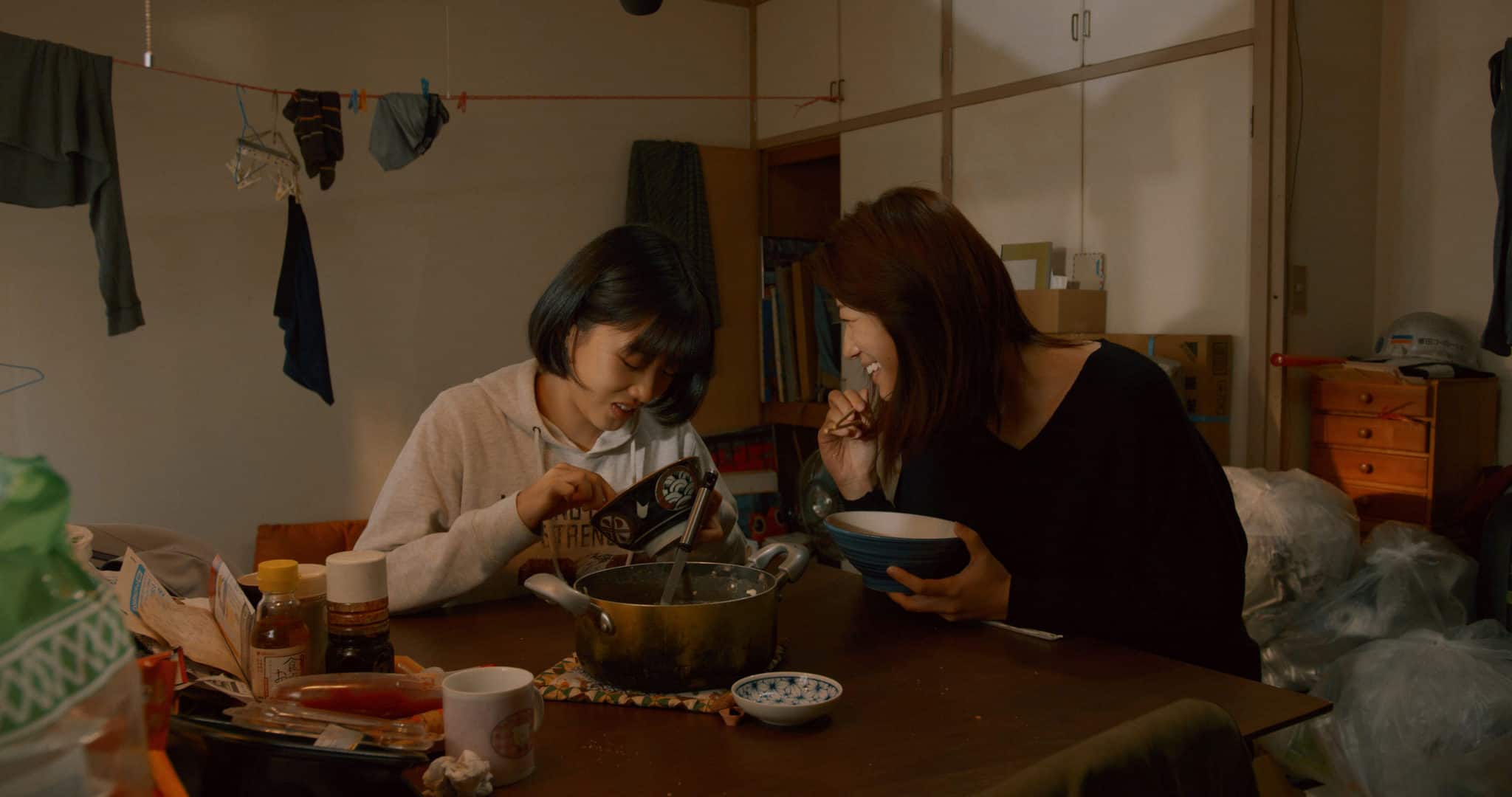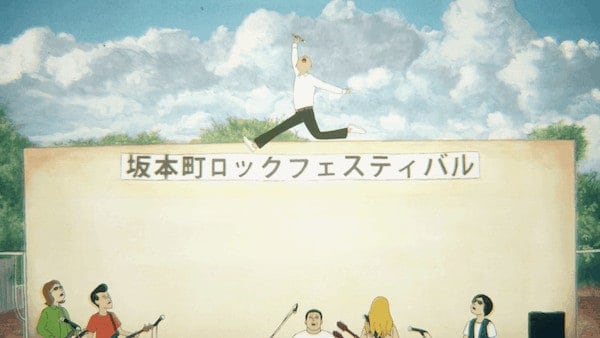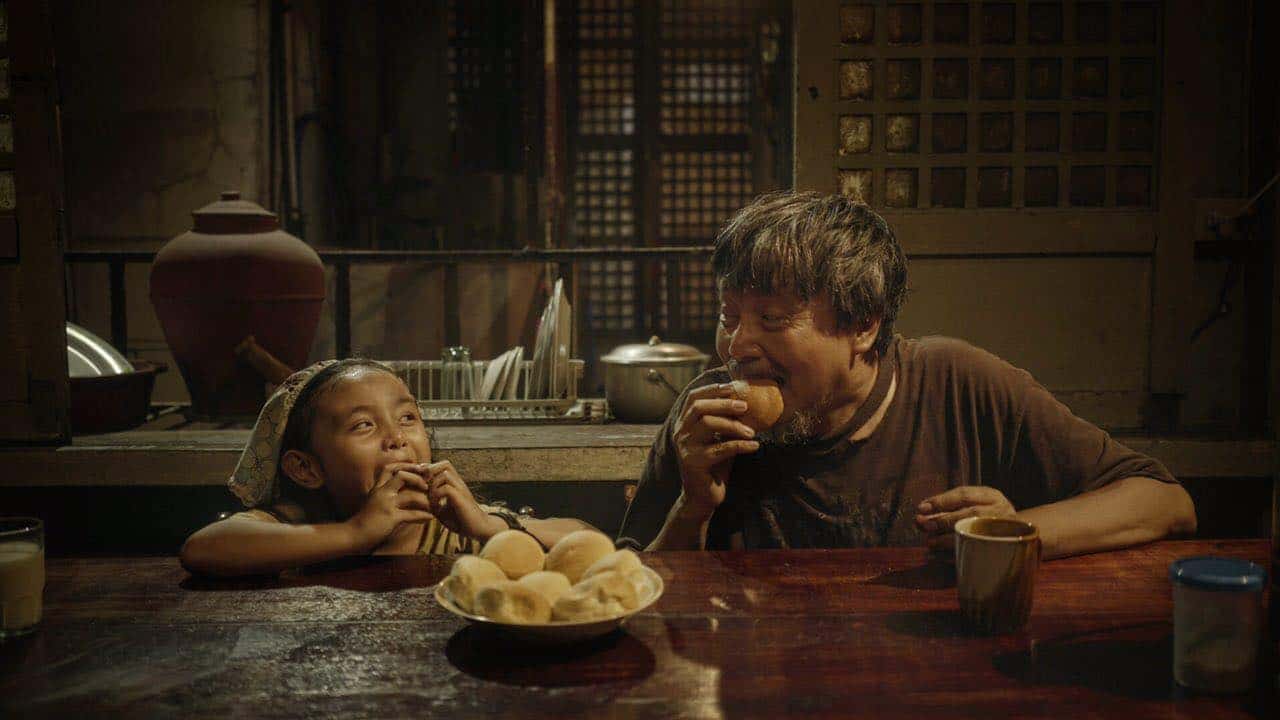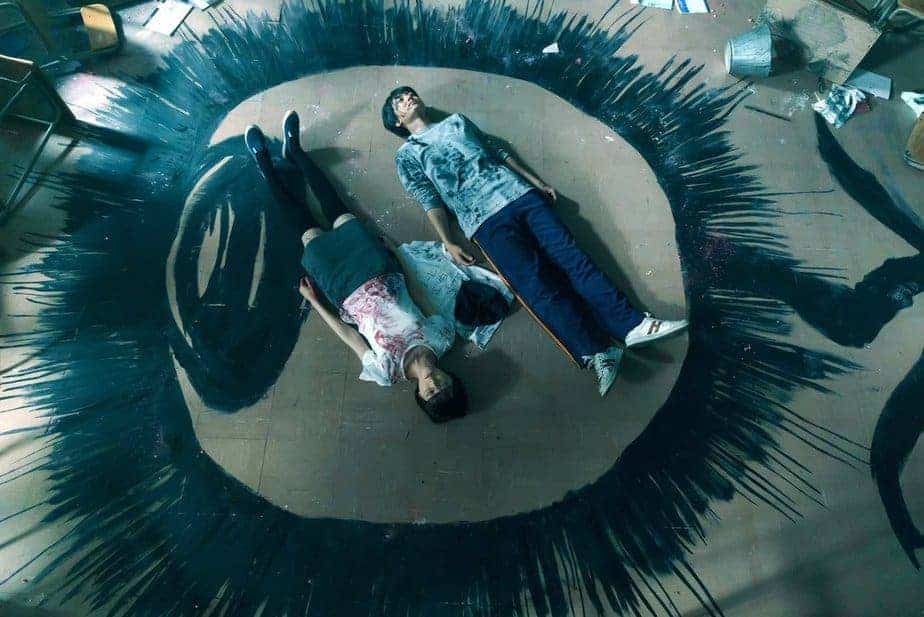by Rwita Dutta
Virginia Woolf once said “A woman must have money and a room of her own if she is to write fiction.” This ubiquitous statement seems to be quite pertinent till date, especially that things can be enormously challenging for women in India where they have to balance home with work. Female gaze in art is still an obscure subject in India. The empowering point of view of a female filmmaker has the immense potentiality to emphasize the agency of women and their trial and tribulations. This documentary film, one of the significant works of recent times resonates the age old issue of women empowerment in today's India.
Vrinda Samartha, primarily a documentary filmmaker from Bangalore, quite succinctly, dealt with this relatively rare subject of how relevant financial independence is, while talking about women's empowerment, in Indian context. She, carefully, picked an important facet within the larger subject of women's empowerment and dealt with it sincerely yet in a provocative manner. Her ever curious camera, imperceptibly, follows around Ritu Kaushik, an entrepreneur from a small town in Haryana. She captures some candid, poignant scenes that leads the audience into the world of Ritu Kaushik.
Ritu, coming from a small village of Haryana (Northern India) was married off at an early age. What she did afterwards, was unprecedented. She saved up her money and not only imagined economic independence for herself, but also vociferously worked towards her mission. With zeal and enormous persistence,she emerged triumphant.
Ritu starts off her business on a small footing, turned down by some, encouraged by a few including her own family. The very opening shot of the documentary reminds us that according to the Sixth Economic Census (2014) in India, there are about 8.05 millions women entrepreneurs out of 58.5 million total entrepreneurs in the country. That equals 13.7%. Out of this, a meagre 15,651 are registered as women entrepreneurs from the state of Haryana.
Ritu is seen in the beginning of the film milking a cow, which is a common practice for women in rural India. Amidst her usual household chores, she has quite efficiently established her small business of ladies' handbags that has already made its mark in the market. As the sole proprietor of Ritupal Collections, she successfully balances both her lives. She is seen to bid goodbye to her parents-in-law, with whom she lives with and embarks upon a journey through a picturesque rural landscape in a fog drenched misty morning in the countryside, to her school in Rai Village in Sonipath, where she studied. Only this time, she returns as a guest to share her story. She wears her veil carefully, customary for all Indian brides (mostly seen in villages though) especially in their in-laws house. Indian women consider this gesture as a symbol of respect to their elders. There is nothing regressive about it, contrary to popular modernist agenda.
The filmmaker uses the inquisitive questions of the young boys and girls to tell the story of Ritu Kaushik. Ritu's early marriage or incomplete training in education did not stop her from pursing her dreams. Sheer grit and resilience motivated her to start her own business in handbags which she was interested in since childhood. With her meagre savings, she went on to turn her small aspirations into a big dream! Her collection is being sold in online portals like Flipkart and Amazon, successfully carving a niche for herself. The idea of online business came to her accidentally; her husband ordered a phone online. She tossed her idea with her ‘whether products can also be sold online too?' From there began her journey. As if to say seeing is believing, Ritu seemed to open up the idea of women at the helm of the businesses in the young minds of both boys and girls.
Her potential to run a business was looked at with a lot of scepticism in the beginning. Her retailer at Sadar Bazar (market) offhandedly admits that earlier he refused to do any business with Ritu for the sheer reason that she is a woman. In another poignant scene, Ritu's father casually justifies why he did not ‘allow' his wife, Ritu's mother, to go out and work, even though she had got a job offer as a nurse; that there was a lot of chores to be run at home, while he himself was away at work. To which the mother responds, ‘And just like that ,my life was over!'. Suddenly the situation of many such women, who never had a chance to do anything beyond what's expected of them, strikes you.

In this exceptionally brilliant scene, three generations, Ritu, her mother and Ritu's daughter are seen knitting. While Ritu's mother is rambling about her failure to do something meaningful in life, Ritu repeats after her mother and playfully refers to her online business to her daughter, implying that how she has steered clear her path amidst all these hindrances. Ritu's daughter aspires to join the army or become a police officer. She practices Thang Tha (Manipuri Martial Arts) in the stadium and participates in the competitions. Her grandmother is ecstatic thinking how her grand-daughter is compensating all her unfulfilled desires. It's heartening watching how these women of three different generations hold each other up. And how it has taken one whole generation to make Ritu do what her mother would have loved to do and how Ritu,by being economically independent, makes inroads for her daughters' needs.
Ankita Kaushik, Ritu's daughter vouches for her mother's independence and explains how she (Ritu) helps her further to realise her dreams and to attain her identity. Ritu philosophises her journey in two sentences: “If we have positive energy, we won't believe in competitions, we will surpass our colleagues with our grit and persuasion” and “negative energy that becomes the source of unbridled competition leads us nowhere!!”
With a whooping turnover of 1 crore Indian Rupees (ten million Dollars), Ritu does not forget to convey her heartfelt gratitude to her husband who has been so supportive and encouraging through her hard work. It's not only a simple story of Ritu, but also a commentary upon Indian womenfolk across generations, living in remote villages, making things possible, dreaming big and also turning the table in their own way Ritupal Collections started business in 2016; the brand has been recognised and lauded as an 8 time gold medal winner in Flipkart. In 2019, she won the “woman of substance” award in the BRICS chamber of commerce and industry, whose Chairman is Dr. Madhukar. She plans to extend her enterprise by selling man's bags and wallets.
Subtle cinematography by Amith Surendran adds to the nuanced character building of the documentary. Produced by Prasath Varma and Vrinda herself along Payal Sethi (Creative Producer) the editing by Tanushree Das is apt. Music composed by Kabeer Kathpalia and Savera Mehta elevates the mood.
Vrinda Samartha is an actor and a director of two incredible documentaries. Her “Limitless” (2017) is a 59 minutes long documentary released in Netflix which deals with eight women in India who struggle with self-confidence and society's expectations but rediscover themselves through running. Screened in various international film festivals, “Limitless” is a poignant tale of self-worth and profound grit.
Vrinda's intention is to create awareness about the entrepreneurial skill of Indian women. As no story can be looked at in isolation, Vrinda attempts to look at financial independence in the context of three generation of women. Where were the seeds sworn? And in what way does it influence the next generation? Vrinda has attempted to bring forth some of the challenges that women in rural India encounter while breaking through the barriers of their gender. Within her community, women are confined to their homes; unfortunately, such practices are brushed aside as communal practices that are beyond questioning. Vrinda's quest as a director enabled her to create a space for herself as a woman filmmaker and her films paved a path to explore the happenings of the public and private lives of Indian women.















